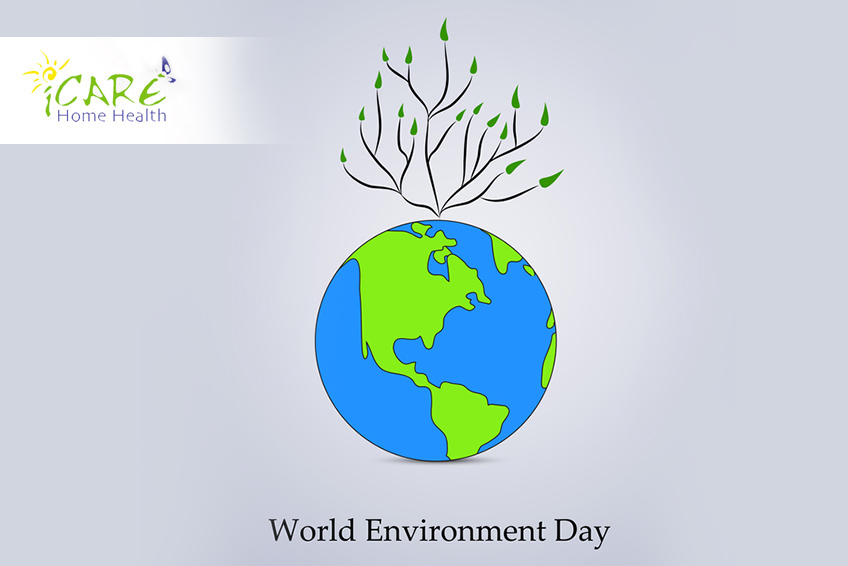World Environment Day: Environmental Factors And Elder Health

In the last few decades, much more attention has been paid to our environment – how we treat it, how it’s changing, and how we can preserve it for generations to come. World Environment Day will be celebrated on June 5 this year and on this day, the United Nations encourages everyone to increase their awareness and their action to support our environment.
While everyone on the planet makes use of our environment, the relationship between the environment and the aging population is an important topic that warrants discussion. In less than 35 years, nearly 25 percent of the global population will be 55 years of age or older.* Not only will there be an increase in the use of home caregivers and health care agencies in the Mississauga area and around the globe, but how will this aging population affect the environment and vice versa?
Environmental Risks And Changes Affecting Seniors
- The aging population is at greater risk to environmental threats.
Unfortunately, as we age, we become more vulnerable to injury or death from flooding, heatwaves, cold snaps, blackouts, air pollution and any extreme weather related event. Organizations that aim to help people during these difficult times have to create more plans and resources for how to meet the needs of older people during natural disasters and emergencies.
If seniors are living alone and do not have the support of a home caregiver, they are at greater risk of not being able to manage if an environmental threat occur.
- Educating the aging population on green initiatives.
As mentioned, a very large part of our population will soon be over the age of 55. It is important that this large cohort understand what they can do to help battle negative environmental change and where they can make a positive difference. It can be hard to take on new initiatives at an older age, so community resources such as Personal Support Worker (PSW) Agencies, home caregiver programs and health care agencies have the opportunity to assist seniors with some small, but effective green initiatives such as:
- Making sure seniors recycle and use their compost bin
- Helping seniors recycle batteries and electronics by taking them to a drop off location or collecting the items so friends or family can do a drop off
- Reminding and helping seniors to use bins and reusable bags instead of plastic bags
- When going out together, encouraging seniors to use the bus, if possible, instead of a car
- Reducing paper waste by going paperless for bills, books or newspapers
In order to reduce the environmental footprint of the ageing population, efforts need to be made with regard to promoting greener behaviour and individual lifestyle choices. Larger initiatives could include things like ensuring senior homes are well-insulated or have low flush toilets and fuel efficient appliances installed. Targeted engagement of the aging population, which could include things like providing appropriate infrastructure and incentives, are other ideas that could help.
Fortunately, if health care agencies and home caregivers in Mississauga want to help seniors become more in tune with the environment, they can check in with the City of Mississauga to find out more about green initiatives happening locally. iCare Home Health serves the Mississauga, Oakville and Milton area and has a wide range of services, like our Friend at Home program, that can help seniors through changes related to our environment and the impact it can have on them. Contact us today and find out how we can help you or your loved one be ready for environmental threats and contribute to positive environmental change.

